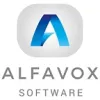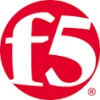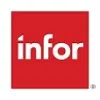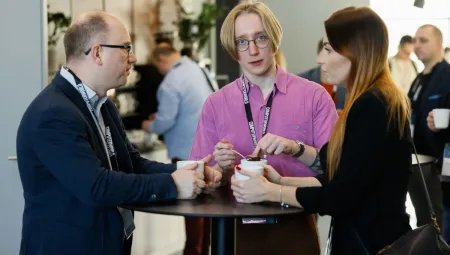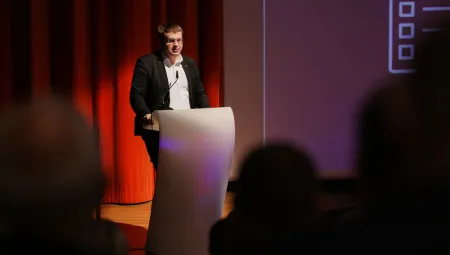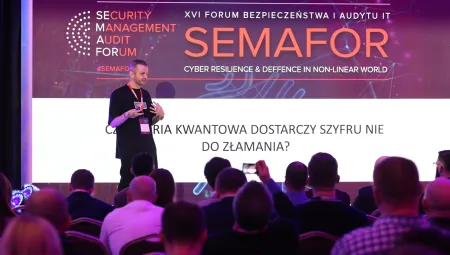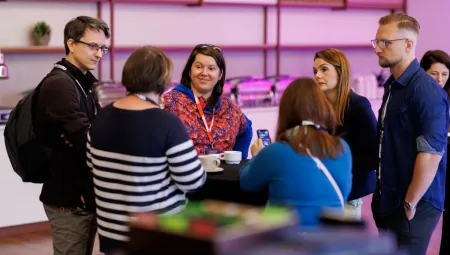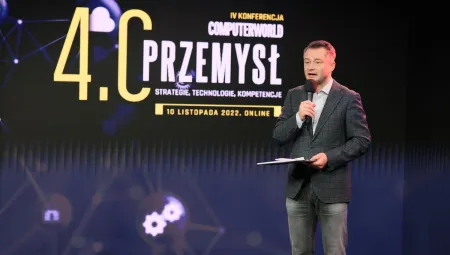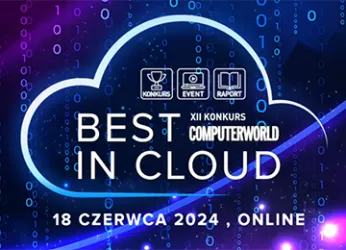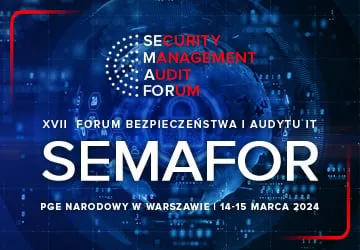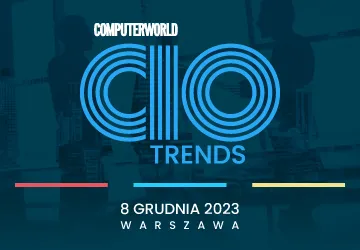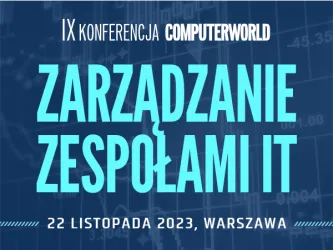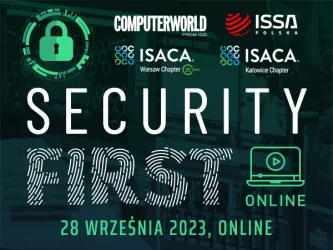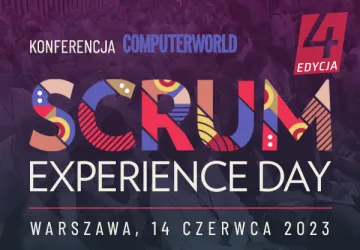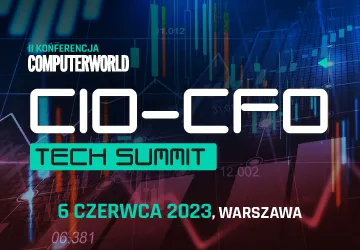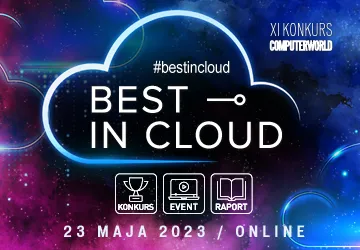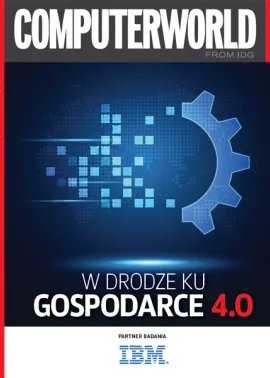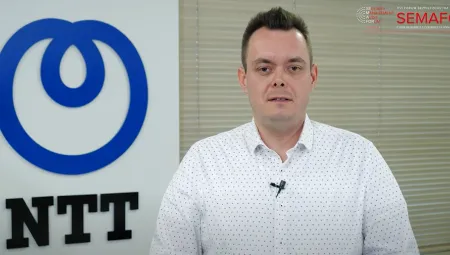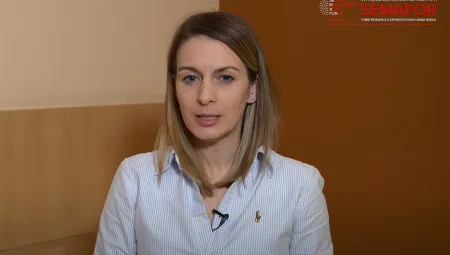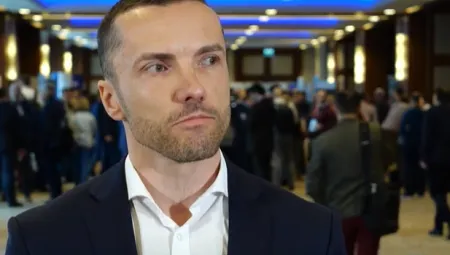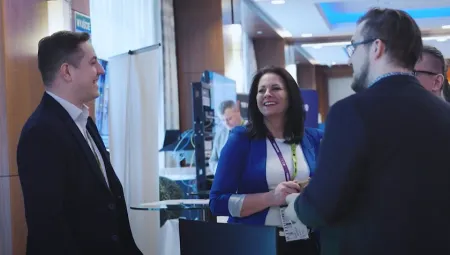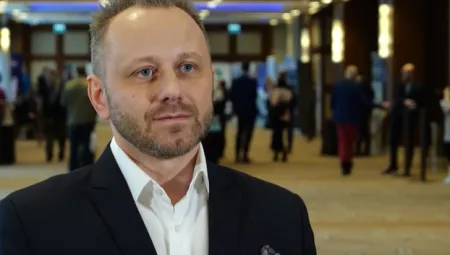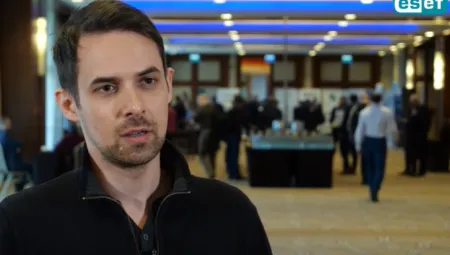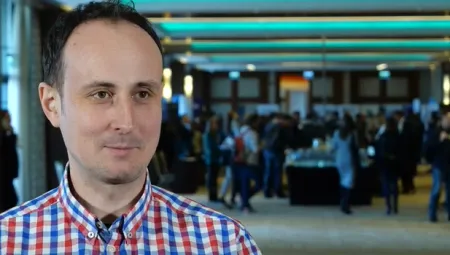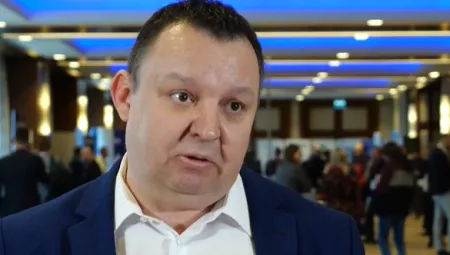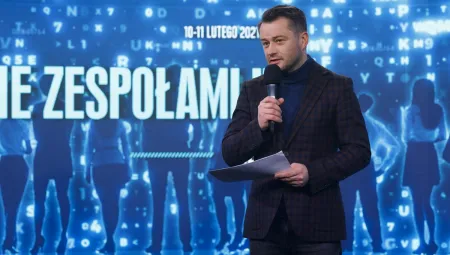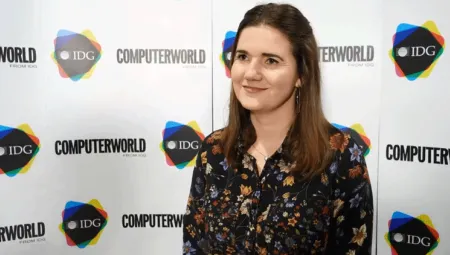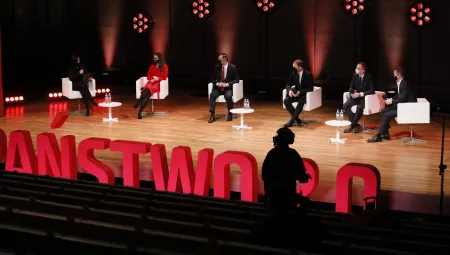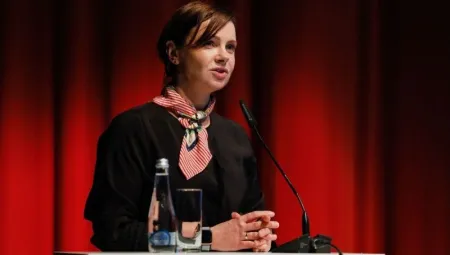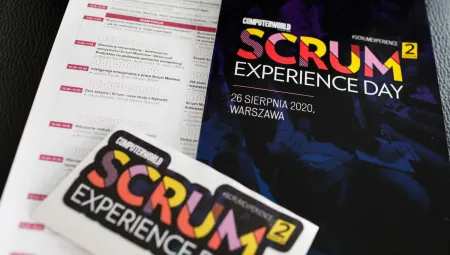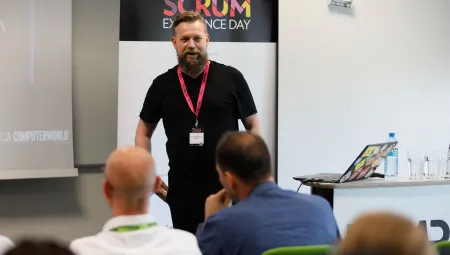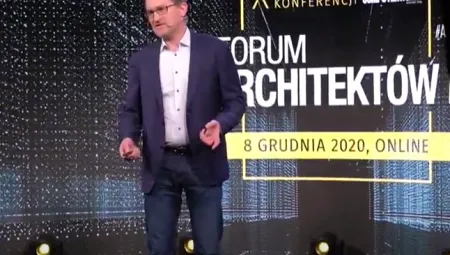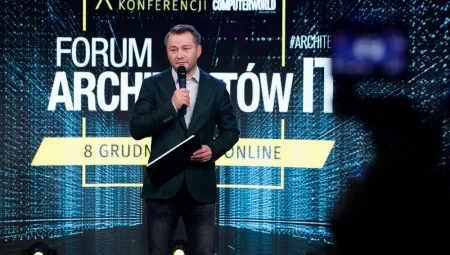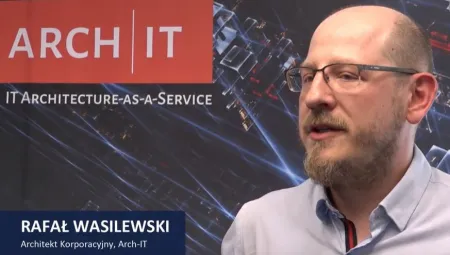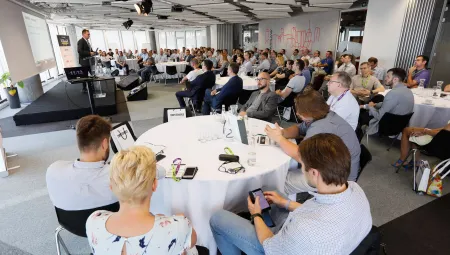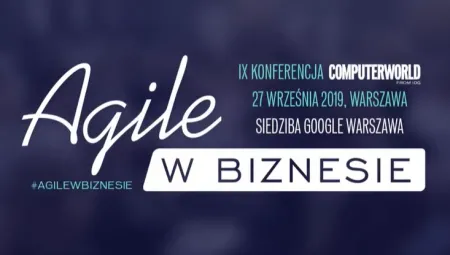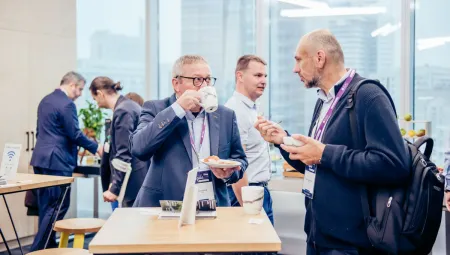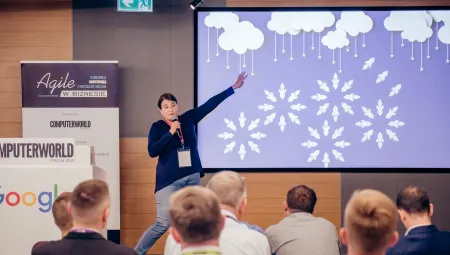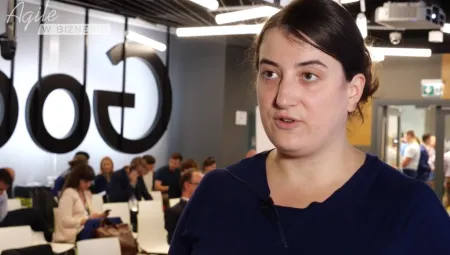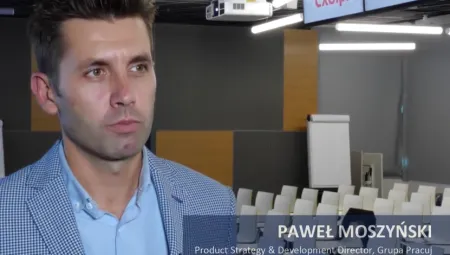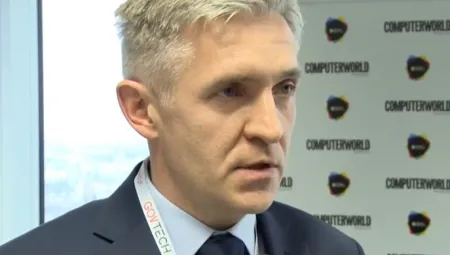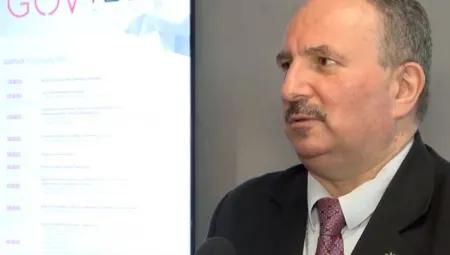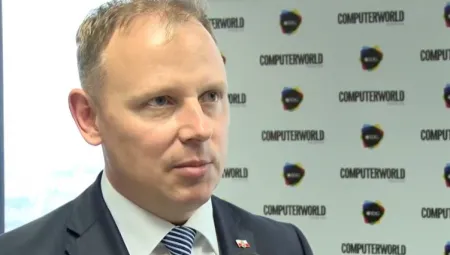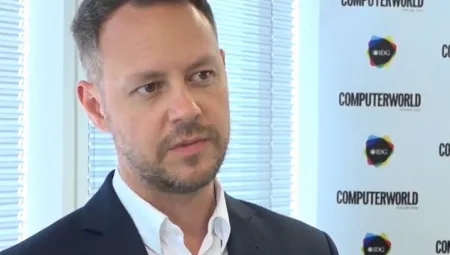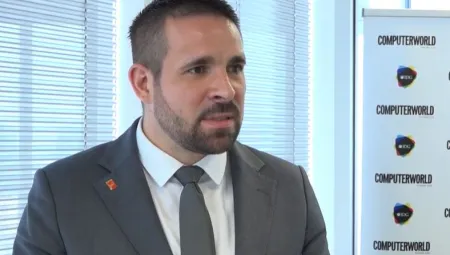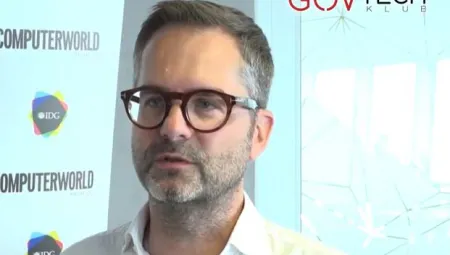12. edycja konkursu promującego najefektywniejsze sposoby wykorzystania technologii chmurowych, a także najlepsze produkty i dostawców rozwiązań cloud. To dokonała okazja do zaznaczenia swojego miejsca na dynamicznie zmieniającej się mapie polskiego rynku cloud.
SEMAFOR jest jednym z najważniejszych na rynku wydarzeń z obszaru cybersecurity i audytu IT w Polsce. Na program konferencji składają się sesje plenarne, ścieżki równoległe oraz spotkania towarzyszące. Spotkanie kilkusetosobowego audytorium z szerokim gronem dostawców rozwiązań ICT, zamienia dwudniową konferencję w prawdziwe święto branży cybersecurity, wypełnione wiedzą, rozmowami kuluarowymi i spotkaniami towarzyskimi.
Jedyna w Polsce konferencja w całości poświęcona tematyce zarządzania zespołami IT, która łączy 2 perspektywy: dyrektorów IT oraz HR. W programie najlepsze praktyki związane z pozyskaniem, motywowaniem oraz utrzymaniem specjalistów IT. Doświadczeni liderzy IT i HR przedstawią liczne case studies, sesje inspiracji oraz panele dyskusyjne. Konferencji towarzyszy przestrzeń wystawiennicza, gdzie partnerzy mogą zaprezentować swoje rozwiązania dla działów IT i działów personalnych.
SCRUM EXPERIENCE DAY 2023 to jedyna tego typu konferencja, poświęcona praktycznemu zastosowaniu Scrum w polskich organizacjach. W trakcie wydarzenia uczestnicy wysłuchają ponad 20 prelegentów dzielących się doświadczeniem z własnych organizacji, które zaprezentowane zostaną w 7 blokach tematycznych. Nie zabraknie praktycznych warsztatów i networkingu oraz gości specjalnych.
11. edycja konkursu i konferencji promujących najefektywniejsze sposoby wykorzystania technologii chmurowych, a także najlepsze produkty i dostawców rozwiązań cloud. To dokonała okazja do zaznaczenia swojego miejsca na dynamicznie zmieniającej się mapie polskiego rynku cloud.
Wydarzenia Computerworld to odpowiedź na potrzeby nowoczesnego biznesu, opartego na technologiach i networkingu. Jesteśmy miejscem spotkań użytkowników rozwiązań ICT i czołowych uczestników rynku, jak również wybitnych przedstawicieli sektora publicznego.
Organizujemy eventy i konferencje, które dostarczają najwyższej jakości wiedzę, najświeższe informacje o technologiach i relacje biznesowe w obszarze nowych technologii.
Zarówno jako prezenter jak i widz jestem zachwycony całą konferencją :) doskonały dobór tematów, przekrojowo pokazujący różne aspekty Architektury IT w różnych sytuacjach kryzysowych. HSBC XII Forum Architektów IT 2022
Ciekawa wysokopoziomowa podróż po architekturze rozwiązań, systemów i organizacji. XTB XII Forum Architektów IT 2022
Jak zwykle dobra, otwarta atmosfera, z ciekawymi tematami i inspirującymi prelegentami. Nordea Bank XII Forum Architektów IT 2022
Ciekawe prezentacje prowadzone w interesujący sposób. VIG Polska XII Forum Architektów IT 2022
Profesjonalnie zrealizowana konferencja, bardzo dobry dobór prelegentów i tematyki. EY Semafor 2024
Świetne forum wymiany doświadczeń, możliwość przekrojowego spojrzenia na branżę. NASK-PIB XII Forum Architektów IT 2022
Ciekawe miejsce do wymiany poglądów. PGE SYSTEMY SA XII Forum Architektów IT 2022
Ciekawe referaty, miejsce godne polecenia, smaczne jedzenie, doskonałe efekty dźwiękowe i wizualne. Alior Bank Semafor 2024
Konferencja w sposób kompleksowy omawia temat nowych trendów i zachowań w zakresie bezpieczeństwa teleinformatycznego. Comarch Semafor 2024
Interesująca konferencja, z której mogłem wynieść ciekawe informacje dla mnie osobiście. Żabka XII Forum Architektów IT 2022
Dzięki konferencji poznałem nowe trendy w budowaniu architektury korporacyjnej w coraz szybciej zmieniającym się otoczeniu biznesowym i technologicznym. Royal Bank of Scotland XII Forum Architektów IT 2022
Jestem na tej konferencji 3 raz, bardzo mi się podoba forma i przekaz. Relativity Semafor 2024
Jedna z najlepszych merytorycznych konferencji w Polsce Barry Callebaut SSC Europe Semafor 2024
Dyrektor działu konferencji

Magdalena Szczodrońska
+48 662 287 935
Napisz do mnie
Project Manager

Magdalena Sokulska
+48 662 287 862
Napisz do mnie
Organizacja konferencji
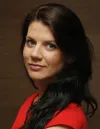
Klaudia Kałuska
+48 662 287 865
Napisz do mnie
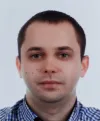
Piotr Fergin
+48 533 358 952
Napisz do mnie
Custom Events

Łukasz Grabczyński
+48 662 287 912
Napisz do mnie
Współpraca partnerska

Elżbieta Olszewska
+48 662 287 909
Napisz do mnie




